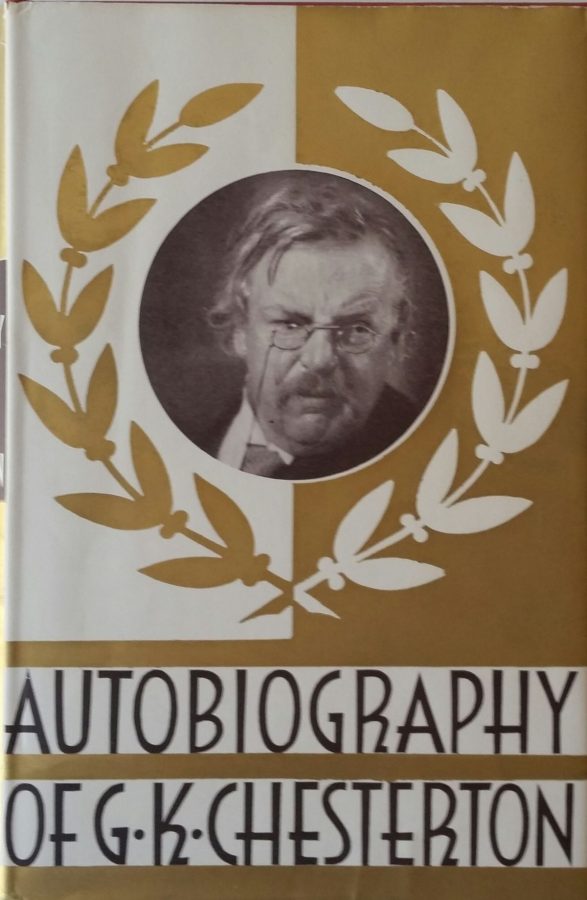I did , in January, read this

1929 Dodd Mead & Co printing
of the 1906 copyright of
Charles Dickens
A Critical Study
by G. K. Chesterton.
Thumbing through my notebook I see that while I fell short of writing a proper review of it I did jot down a few thoughts.
I was given this book a number of years ago and it has languished on my shelf primarily because I have not read much of Charles Dickens.
Mr. Chesterton's writing often references
the luminaries of his day and the political social and literary climate of the time. In addition to not knowing much about Dickens, there is all that I have never learned about England's history, as well as that which I may have once encountered and have now forgotten and yet, I was amazed at how much there was to glean, how much was still available to me in Chesterton's narrative, even when ensconced in specifics for which I had little reference. Though I often couldn't place or affirm many of Chesterton's allusions and references, I was, like a bird at picnic, well fed on crumbs.
He could not help falling into that besetting sin or weakness of the modern progressive, the habit of regarding the contemporary questions as the eternal questions and the latest word as the last....He could not help seeing the remotest peaks lit up by the raging bonfire of his own passionate political crisis."
~the contemporary questions as the eternal questions and the latest word as the last~
There is just a big lovely breath in that little phrase, isn't there?
Here is a link on google's free Ebook site to some pages where Mr. GKC discusses "this thing we call fiction." Peek in around page 83. The whole book is available there.
Well I must away...and make some serious preparations for some very special visitors!
Until next time....

